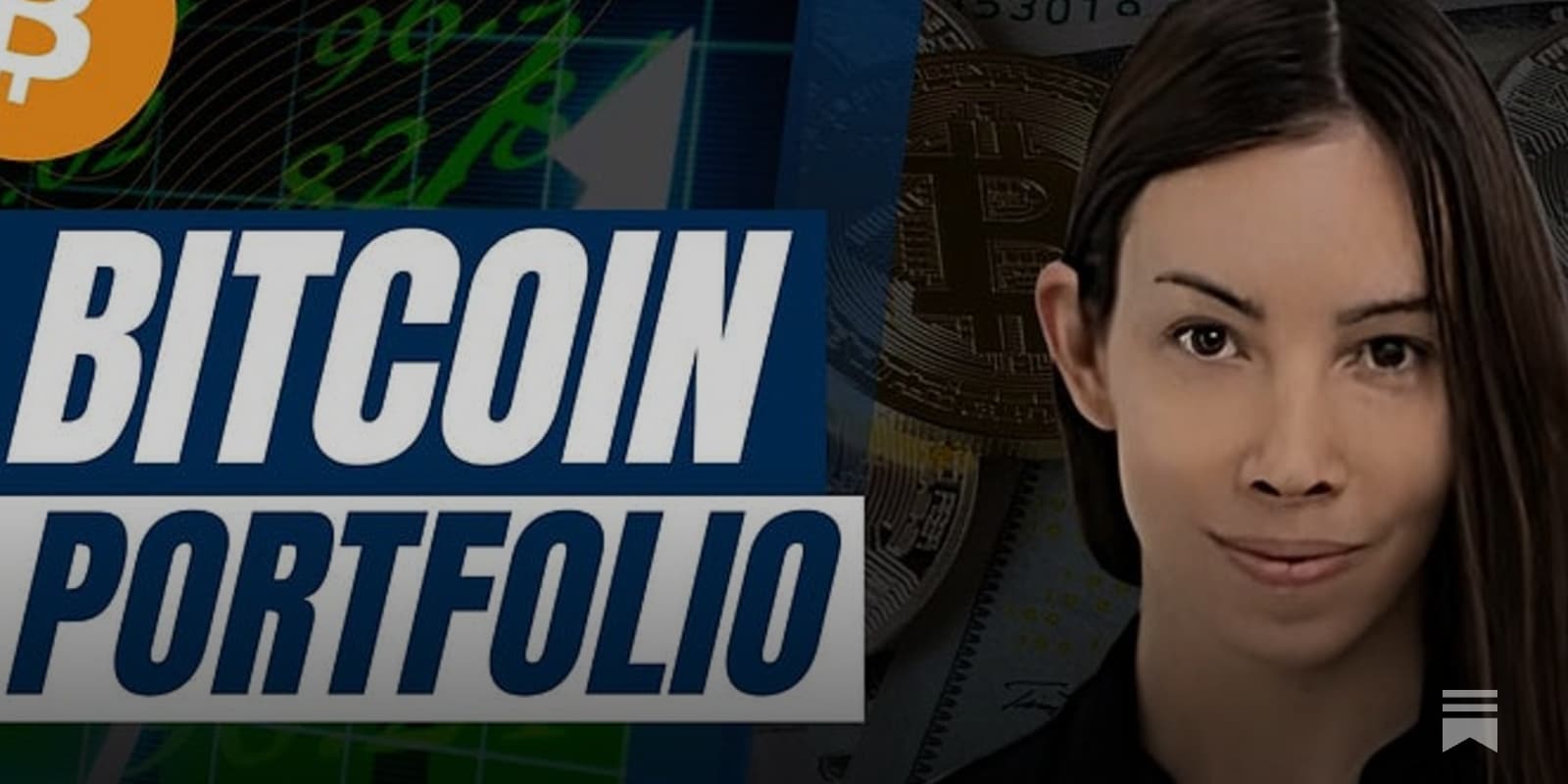Regulatory Crackdown Threatens "Transparent Crypto," Sparks Debate Between Naval and Lyn Alden

A recent social media exchange between prominent figures Naval Ravikant and Lyn Alden has ignited discussion over the vulnerability of "transparent crypto" to government intervention. Ravikant, a well-known entrepreneur and investor, asserted that such cryptocurrencies would not withstand a government crackdown, directly challenging financial commentator Lyn Alden's perspective on the matter.
"Transparent crypto won’t survive a government crackdown," Naval stated in a tweet directed at Alden, implying she might be "behind the curve" on this specific risk. This comment underscores a growing concern within the cryptocurrency community regarding the increasing regulatory scrutiny and potential for governments to exert control over digital assets that lack sufficient privacy or decentralization.
Industry experts note that "transparent crypto" generally refers to cryptocurrencies with publicly auditable transaction ledgers, distinguishing them from privacy-focused coins. Governments worldwide are intensifying efforts to regulate the crypto sector, driven by concerns over illicit finance and investor protection. This push for transparency often leads to policies that could bifurcate the market into compliant, "white-listed" assets and those deemed "blacklisted" due to their privacy features or resistance to central control.
Lyn Alden, a respected macroeconomist and investment strategist, has consistently highlighted the importance of decentralization and immutability in cryptocurrencies. Her analyses frequently emphasize Bitcoin's robust architecture as a counterpoint to other digital assets, which she views as potentially more susceptible to regulatory pressures due to centralized elements or mutable protocols. Alden has previously stated that "Smart contract platforms with centralized attack surfaces can only exist at the pleasure of the government," aligning with the core sentiment of Ravikant's tweet regarding regulatory risks.
The debate between Ravikant and Alden reflects a broader tension in the crypto space: the balance between innovation, decentralization, and regulatory compliance. As governments continue to define and enforce cryptocurrency regulations, the future of assets that offer high transparency, yet are not fully decentralized, remains a critical point of discussion for investors and developers alike.